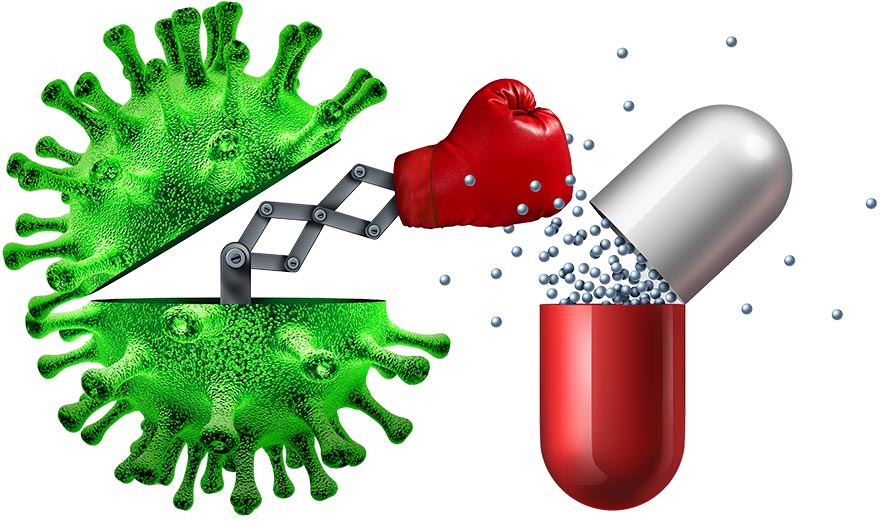Blood cancer spread to brain can cause severe neurological problems: Experts New Delhi, Sep 4 (IANS) Blood cancer cells can get carried in the bloodstream to the brain and can cause severe neurological problems, including visual blurring, abnormal facial twitching, and numbness, said experts on World Leukaemia Day on Wednesday. World Leukaemia Day is observed every year on September 4 to raise awareness about the disease. Leukemia is a broad term for cancers of the blood cells. It occurs when the bone marrow produces abnormal blood cells — blasts or leukemia cells. The disease affects the production of normal blood cells, essential for fighting infections, carrying oxygen, and clotting blood. Leukemia occurs most often in adults older than 55, but it is also the most common cancer in children younger than 15. “Leukaemia can impact a person in terms of neurological symptoms in multiple ways.
It can cause neurological symptoms by direct invasion of the central nervous system (CNS) or by indirect manifestations caused by coagulation abnormalities, increased clotting, or immune manifestations,” Dr Praveen Gupta, Principal Director & Chief of Neurology, Fortis Hospital, told IANS. The symptoms can include headaches, vomiting, fever, double vision or visual blurring, facial paresthesia, abnormal facial twitching, numbness, and weakness in the hands and legs. “In addition, leukaemia-related inflammation can disrupt the blood-brain barrier, worsening neurological outcomes. Whenever there is a CNS impact in leukemia, it confers a worse prognosis and requires emergent treatment,” Gupta added. According to the recently published Globocan 2022 report, leukemia is the most common type of blood cancer in India and has an incidence rate of 49,883 annual cases. It stated that the main challenge faced by blood cancer patients is the lack of potential blood stem cell donors in India. Ranjit Kumar Sahoo, Medical Oncologist at All India Institute of Medical Sciences, New Delhi told IANS that “Leukemias are curable”. They are majorly of two types — acute and chronic. “Chronic leukemias do not require immediate treatment, for example, CLL (chronic lymphocytic leukemia) and a fraction do not require treatment at all. It is completely controlled with a near-normal life in CML (chronic myeloid leukemia). “Acute leukemias are aggressive and require urgent physician attention. They are curable with chemotherapy, immunotherapy, and targeted therapy. A fraction might require BMT (Blood and/or Marrow Transplantation),” the expert said. Gupta said the treatment is emergent and involves immunomodulation, transplantation, medication to prevent seizures, or controlling the pressure in the brain. “Often, early intervention and aggressive management can significantly improve outcomes in these cases,” the doctor said. Sahoo said while the role of nutrition concerning “the pathogenesis of leukemia is relevant yet unclear”, “the diet during the treatment should be healthy and simple, in small amounts and frequent manner”. –IANS rvt/









